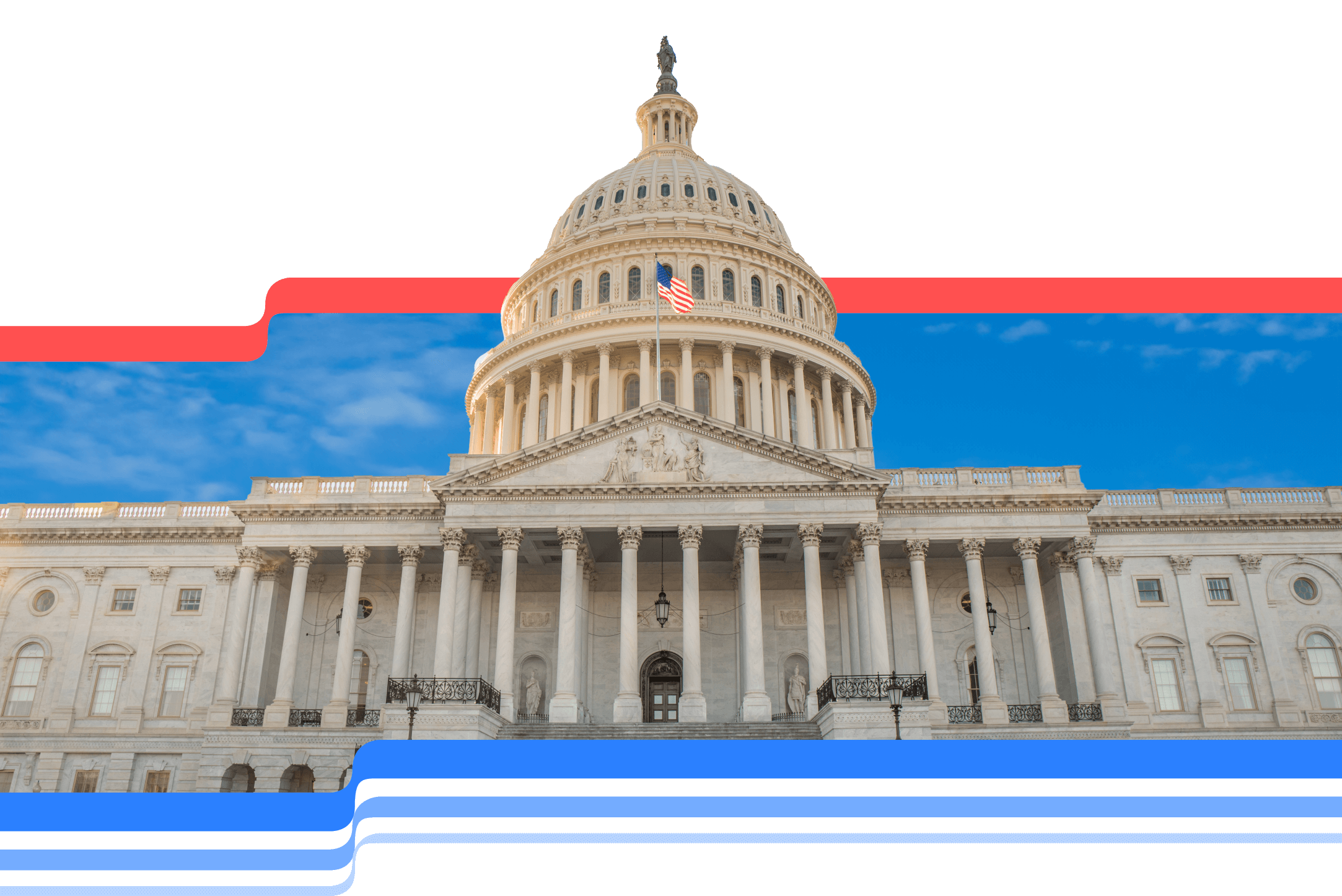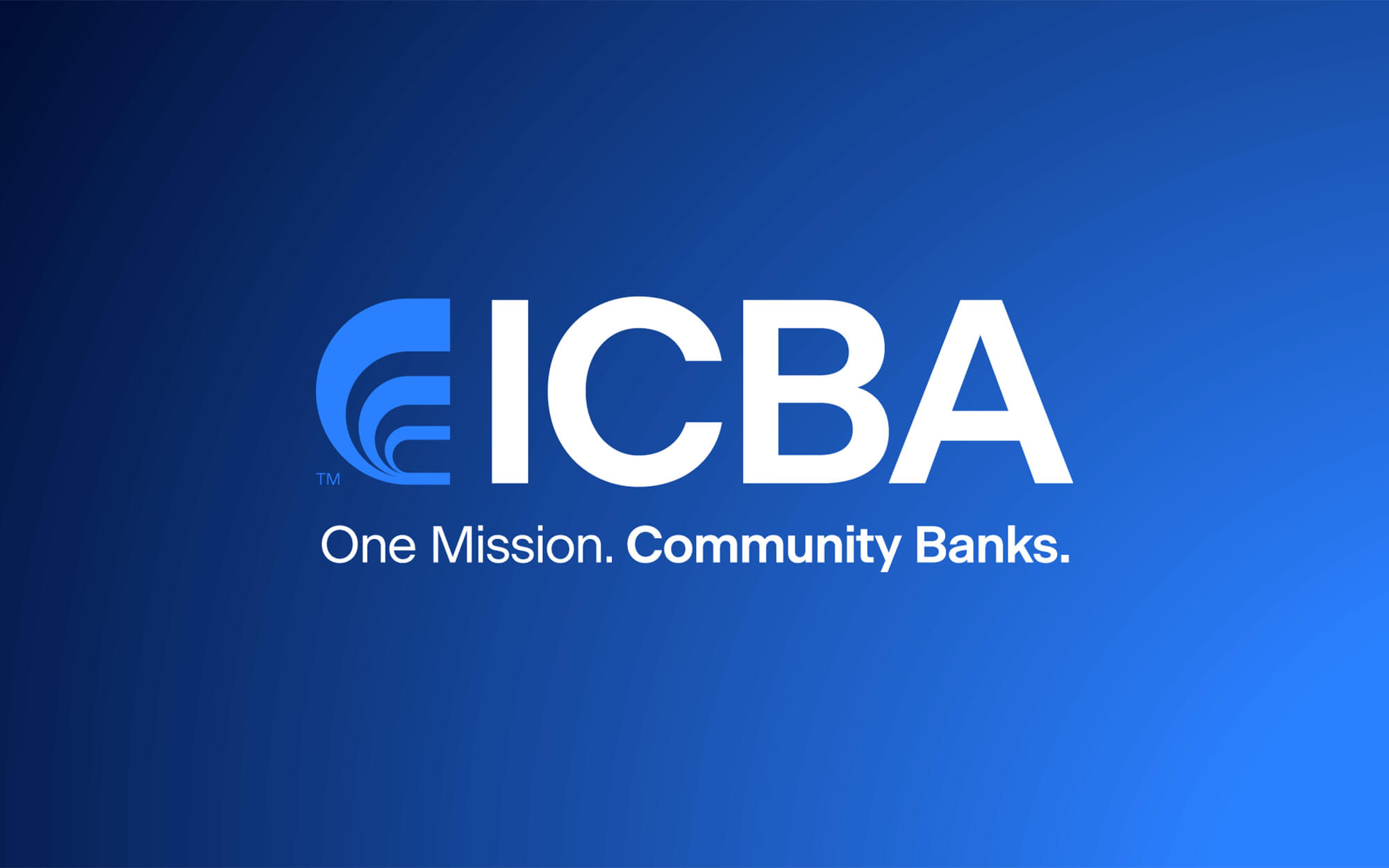Merger would cut safeguards for LMI communities and further branch consolidation
Washington, D.C. (May 14, 2021)—The Independent Community Bankers of America (ICBA) and the Community Bankers Association of Georgia (CBA) urged the FDIC to reject a proposed merger that would cut regulatory safeguards for low- and moderate-income consumers.
In a joint letter, the groups said the acquisition of Georgia’s Heritage Southeast Bank by Florida’s VyStar Credit Union will result in a less accountable financial institution exempt from the Community Reinvestment Act. It also would extend branch consolidation in Georgia, further limiting access to financial services for LMI communities, they said.
“With VyStar Credit Union seeking to leverage its tax exemption for the largest-ever credit union purchase of a taxpaying community bank, the FDIC should reject its application to roll back Community Reinvestment Act safeguards in affected communities,” ICBA President and CEO Rebeca Romero Rainey said. “The dated credit union tax exemption and faulty National Credit Union Administration oversight again threaten to claim another local institution while reducing loans and investments benefiting low- and moderate-income consumers.”
In their joint letter, ICBA and CBA outlined the following facts for the FDIC to consider as the agency evaluates the merger:
- VyStar closed half the branches it gained from a previous community bank acquisition despite promises to the contrary, indicating it prioritizes growth over customers of modest means.
- Whereas Heritage Southeast made more than $19 million in loans to businesses in its CRA assessment areas in 2018, VyStar’s CRA exemption leaves it with less incentive to serve LMI areas.
- The premium paid by VyStar will hamper its capital ratio and future stability.
“The VyStar acquisition of Heritage Southeast Bank will substantially decrease Community Reinvestment Act loans and further branch consolidation in Georgia, harming low- and moderate-income consumers in our communities,” CBA President and CEO John McNair said. “We strongly urge the FDIC to reject this merger application.”
Interested in discussing this and other topics? Network with and learn from your peers with the app designed for community bankers. Join the conversation with ICBA Community.
ICBA, CBA, and community bankers nationwide continue calling on Congress to address the flawed policy surrounding credit unions. To do so, ICBA and CBA urge Congress to hold a hearing to investigate the growing trend of credit unions acquiring community banks. The groups also request a Government Accountability Office study on the evolution of the credit union industry and NCUA supervision.
For more information, visit www.icba.org/wakeup.
About ICBA
The Independent Community Bankers of America creates and promotes an environment where community banks flourish. ICBA is dedicated exclusively to representing the interests of the community banking industry and its membership through effective advocacy, best-in-class education, and high-quality products and services.
With nearly 50,000 locations nationwide, community banks constitute 99 percent of all banks, employ more than 700,000 Americans and are the only physical banking presence in one in three U.S. counties. Holding more than $5 trillion in assets, over $4.4 trillion in deposits, and more than $3.4 trillion in loans to consumers, small businesses and the agricultural community, community banks channel local deposits into the Main Streets and neighborhoods they serve, spurring job creation, fostering innovation and fueling their customers’ dreams in communities throughout America. For more information, visit ICBA’s website at www.icba.org.
About CBA
As the state’s only advocate working solely for the interests of community banks and your customers, the Community Bankers Association of Georgia (CBA) is a member-driven organization, governed by a Board of Directors of independent community bankers. The Association was created in 1969 as a way to pool community bank resources for political representation. Today, the CBA represents approximately 200 community banks and 200 associate members. Our passion is collectively creating value for Georgia’s community banks through lobbying efforts, professional development, profit enhancement, expense savings, networking opportunities, industry updates and a full range of free member benefits.
###







